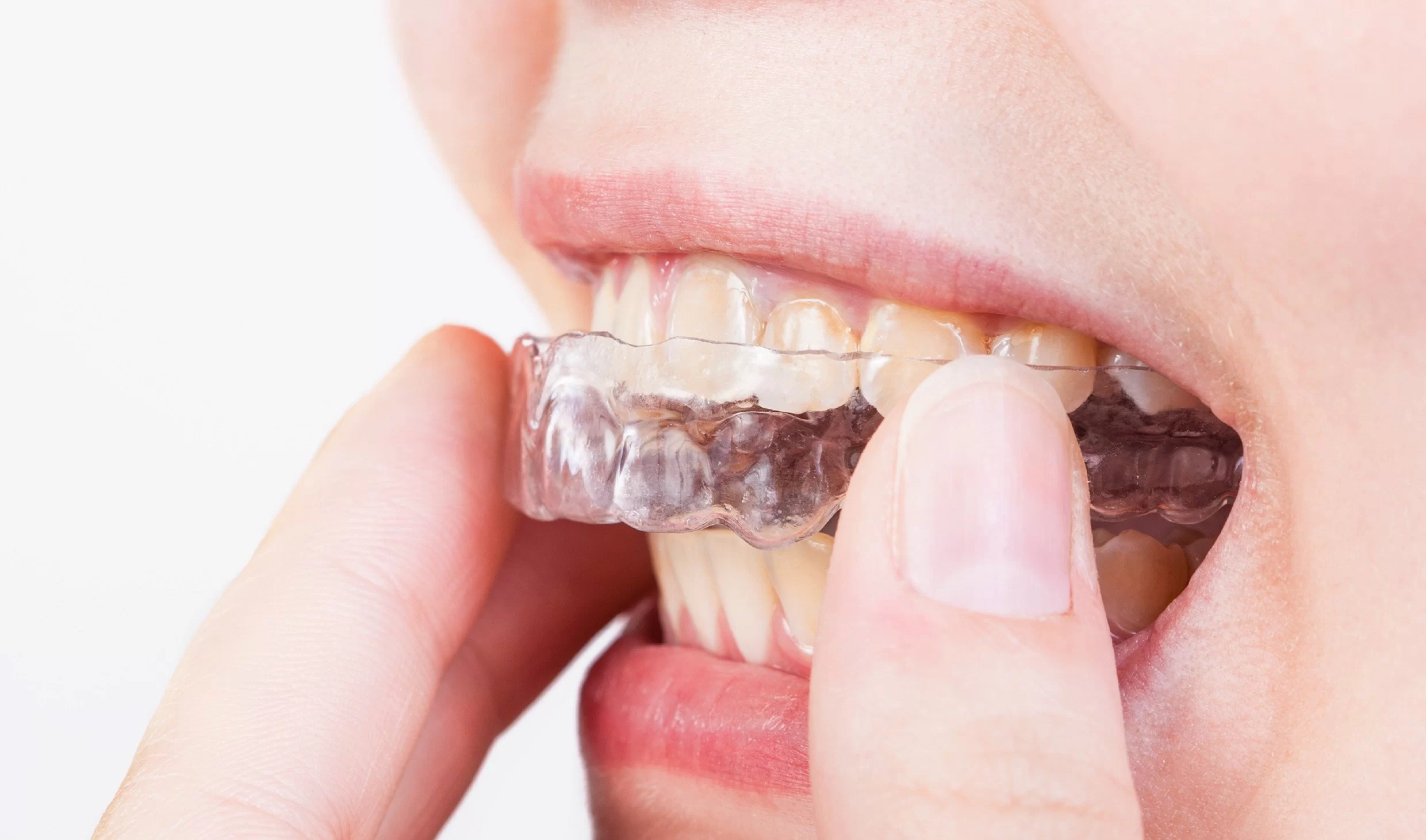
- 1. Understanding Teeth Grinding
- 2. Causes of Teeth Grinding
- 3. Tips to Prevent Teeth Grinding
- 4. When to See a Dentist for Teeth Grinding
- 5. The Role of Dental Protectors in Teeth Grinding
1. Understanding Teeth Grinding
Teeth grinding, also known as bruxism, is a common condition where individuals unconsciously grind, gnash, or clench their teeth. It often occurs during sleep but can also happen during the day due to stress or anxiety. Over time, grinding can lead to serious dental issues such as worn-down teeth, jaw pain, headaches, and even tooth fractures. Protecting your teeth from grinding is essential to maintain oral health and avoid these potential problems.
2. Causes of Teeth Grinding
Teeth grinding can be caused by a variety of factors, including:
2.1 Stress and Anxiety
One of the most common triggers for teeth grinding is stress. When we are anxious or under pressure, we may unconsciously tense our jaw muscles, leading to grinding. This is particularly common during sleep when we're less aware of our physical movements.
2.2 Sleep Disorders
Sleep disorders such as sleep apnea can also contribute to teeth grinding. People with sleep apnea may experience disruptions in their breathing patterns, leading to frequent awakenings and muscle tension, including in the jaw.
2.3 Misaligned Teeth
Another potential cause is misaligned teeth or an improper bite. When the teeth do not fit together properly, it can lead to discomfort and unconscious grinding. This is often a physical issue that may require orthodontic treatment to correct.
3. Tips to Prevent Teeth Grinding
Fortunately, there are several ways to protect your teeth from grinding. Below are some practical tips to help prevent this condition:
3.1 Reduce Stress
Since stress is a leading cause of bruxism, managing stress levels is key to preventing teeth grinding. Consider incorporating relaxation techniques such as meditation, yoga, or deep-breathing exercises into your routine. You could also try progressive muscle relaxation to help release tension in your jaw before sleep.
3.2 Maintain Good Sleep Hygiene
Practicing good sleep hygiene is essential for reducing the risk of teeth grinding. Set a consistent sleep schedule, avoid caffeine or heavy meals before bed, and create a calming bedtime routine. Consider using a white noise machine to help you sleep more soundly and reduce disturbances that might trigger grinding.
3.3 Avoid Stimulants
Avoid consuming stimulants such as caffeine or alcohol in the evening, as they can disrupt sleep and increase muscle tension. These substances may make it more likely for your body to grind your teeth during sleep.
3.4 Relax Your Jaw Before Bed
Before going to sleep, take a few minutes to consciously relax your jaw muscles. Gently massage the muscles around your temples and jawline to release tension. This simple act can help prevent unconscious teeth grinding during sleep.
4. When to See a Dentist for Teeth Grinding
If you notice signs of teeth grinding, such as headaches, jaw pain, or worn-down teeth, it’s essential to visit a dentist. A dentist can examine your teeth and jaw, determine if bruxism is present, and recommend appropriate treatments to protect your teeth from further damage.
5. The Role of Dental Protectors in Teeth Grinding
One of the most effective ways to protect your teeth from grinding is by wearing a dental protector, also known as a night guard. A night guard is a custom-made device that fits over your teeth to create a cushion between your upper and lower teeth, preventing them from grinding against each other.
Dental protectors are particularly useful for individuals who experience severe teeth grinding during sleep. They can help prevent enamel wear, tooth damage, and jaw pain. Your dentist can help you choose the best night guard based on the severity of your grinding.
If you’re concerned about teeth grinding or want more information on how to protect your teeth, visit Dentistry Toothtruth for more expert advice on maintaining healthy teeth and preventing dental damage caused by bruxism.







 Westgate Dental Arts3.0 (2 review)
Westgate Dental Arts3.0 (2 review) Coventry Family Dental4.0 (247 review)
Coventry Family Dental4.0 (247 review) Familia Dental3.0 (1028 review)
Familia Dental3.0 (1028 review) Dr. Daniel S. Fife, DDS4.0 (31 review)
Dr. Daniel S. Fife, DDS4.0 (31 review) Dentistry At Suburban Square: Michael I. Wollock, DMD4.0 (1228 review)
Dentistry At Suburban Square: Michael I. Wollock, DMD4.0 (1228 review) Comfort Care Dental4.0 (1156 review)
Comfort Care Dental4.0 (1156 review) The Importance of Oral Health Education During Pregnancy for a Healthy Pregnancy
The Importance of Oral Health Education During Pregnancy for a Healthy Pregnancy Why Skipping Dental Checkups Can Lead to Bigger Oral Health Problems
Why Skipping Dental Checkups Can Lead to Bigger Oral Health Problems Best Tips for Brushing Your Teeth Properly for Healthy Gums: Essential Techniques for Oral Health
Best Tips for Brushing Your Teeth Properly for Healthy Gums: Essential Techniques for Oral Health Advantages of Porcelain Dental Restorations
Advantages of Porcelain Dental Restorations How Can Diabetes Cause Tooth and Gum Problems? Preventing and Managing Oral Health Issues
How Can Diabetes Cause Tooth and Gum Problems? Preventing and Managing Oral Health Issues Healthy Habits for Promoting Good Oral Health and Hygiene: Tips for a Healthy Smile
Healthy Habits for Promoting Good Oral Health and Hygiene: Tips for a Healthy Smile